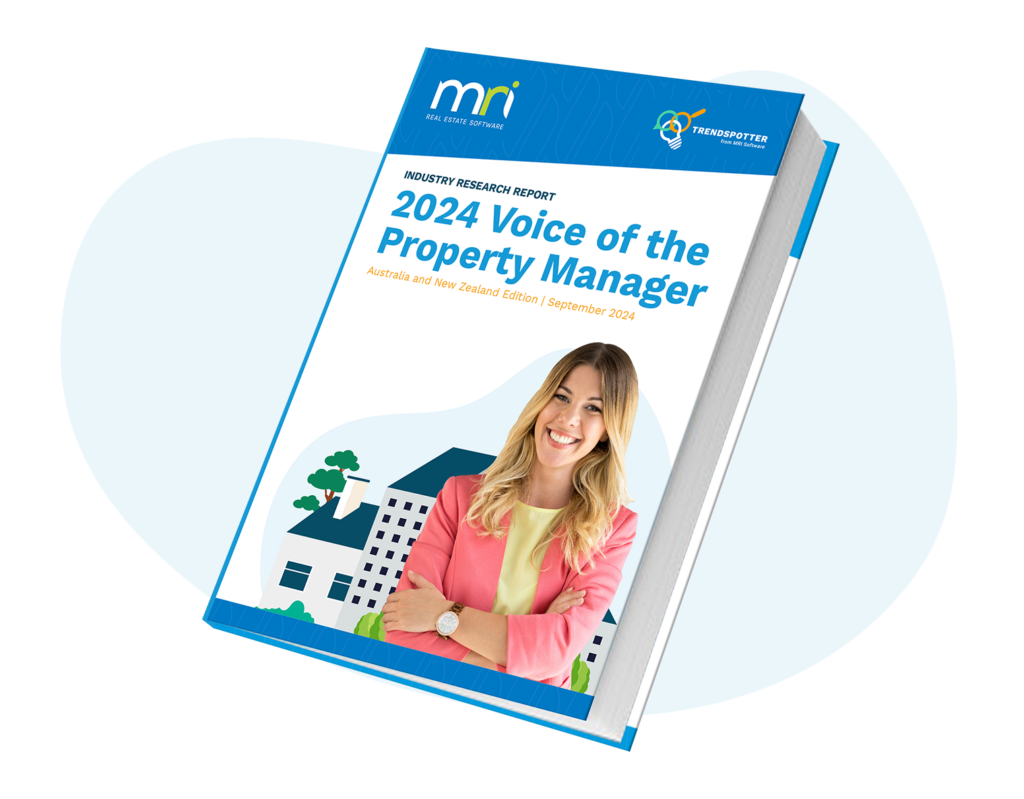Tenant referencing best practices for landlords and property managers
Tenant referencing is a universal practice for landlords and property managers looking to find the best tenants. Good tenant referencing helps accurately assess which applicants will pay their rent on time and take good care of the property.
In this post, we explore the main tenant referencing best practices that you need to follow when looking for a tenant.
Top 7 tenant referencing best practices to follow
For landlords and property managers, finding the right tenant isn’t just about filling vacancies. It’s about ensuring that the individuals occupying the space are trustworthy, reliable and will uphold their rental obligations. With renter scams on the rise, the tenant referencing process has become even more critical.
We highlight the top 7 tenant referencing best practices:
1) Create your tenant referencing criteria
Defining a set of tenant referencing criteria is the foundation of an effective rental process. This may include criteria such as a specific income-to-rent ratio, past rental history, employment status and any other factors.
There are many benefits to creating tenant referencing criteria. Your criteria can streamline your application assessment process and allow you to quickly identify those who align best with your property’s requirements.
2) Start advertising for tenants
Once you have set your tenant referencing criteria, it’s time to start advertising for tenants. You can use online rental websites or social media to reach potential tenants with your adverts.
Crafting an effective advertisement is key to attracting the right kind of tenants. It’s advisable to highlight the fact that you adhere to tenant referencing best practices in your advertisements. This can highlight your professionalism and act as a deterrent for those who might have questionable histories or intentions.
3) Pre-screen potential tenants on the phone
Pre-screening potential tenants over the phone is a preliminary filter in the tenant selection process. It provides an opportunity to gauge the tenant’s interest, sincerity and initial suitability. It can also help eliminate any false positives that may have slipped past the application referencing criteria.
By asking targeted questions, you can promptly discern whether the applicant aligns with the property’s basic requirements, ensuring that only the most fitting candidates proceed to the next steps. This approach streamlines the referencing process, saving valuable time for both the landlord and the potential tenant.
4) Assess potential tenants in person
Meeting potential tenants in person is a crucial step in the referencing process. This face-to-face interaction allows landlords and property managers to get a more comprehensive understanding of the applicant.
During these in-person assessments, you can observe key indicators such as punctuality, attentiveness and communication skills. You can also identify any inconsistencies in the information provided previously, ensuring that the tenant is genuine in their intentions.
This meeting also provides an opportunity for the tenant to view the property, ask questions and determine if the place meets their needs.
5) Verify proof of income or rent payment history
For landlords and property managers, verifying proof of income and reviewing rent payment history is essential in ensuring that the tenant can consistently meet rent payment deadlines.
To determine a tenant’s financial stability, you can ask for documents like recent payslips, tax returns or bank statements. Consistent income sources will generally mean a lower likelihood of missed or late payments.
You can also talk to previous landlords or property managers to determine the potential tenant’s rent payment history. This will allow you to find out if they consistently paid their rent on time in the past.
6) Verify employment history
Checking a tenant’s employment history is an important step in the referencing process. A steady job history usually means they have a regular income, making them more likely to pay rent on time.
If a tenant has had many jobs in a short time, it might be a concern. It could indicate they face challenges in maintaining steady employment, which might affect their ability to pay rent consistently.
Reviewing where they’ve worked and the duration can provide valuable insights. It’s also helpful to reach out to a few of their previous employers for references. This way, you get a clearer understanding of the tenant’s financial stability.
7) Run a tenant background check
Once you have completed the initial tenant referencing steps, you can then run a full background check. A background check is a process used to investigate and verify a person’s history and character. This can be a useful way to validate all the previous information provided by the potential tenant.
A well-executed background check also can unearth details you might never know from just an in-person meeting or a chat with previous landlords. For instance, a potential tenant might seem perfect on paper, but a background check might reveal past involvement in renter scams, a history of evictions or even criminal activity. This is not to say every check will uncover something alarming, but it’s always better to be in the know.
It’s important to note that while background checks can provide valuable information, they also need to be conducted in a way that respects privacy laws and regulations. You will need consent from the tenant to perform a background check and there are limits on how the obtained information can be used.
FAQs about tenant screening best practices
Property Management Software
Multi-discipline technology for property owners, investors and occupiers.

Contact MRI Software
To find out more about our innovative technology solutions designed to streamline key processes for property managers, contact the team at MRI Software today on 09 883 3196.
Voice of the Property Manager Report – 2024 Australian & New Zealand Edition
Property management is maturing as an industry and occupying its rightful place at the core of real estate business operations. With maturity and significance comes some pressure and scrutiny. To give property managers a voice we showcase the collect…
